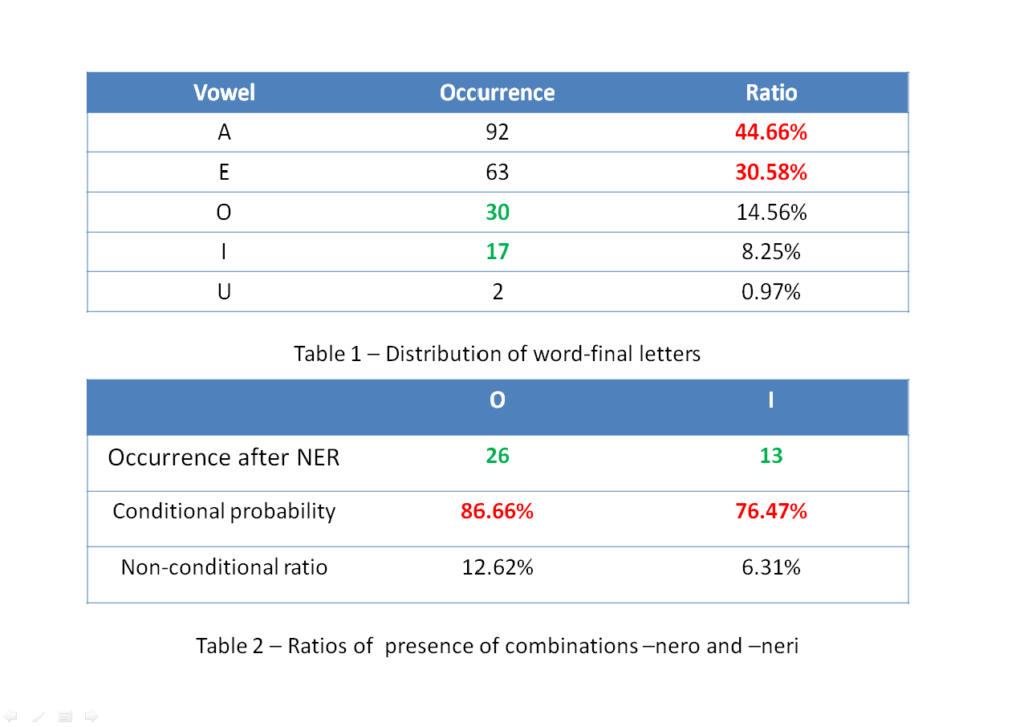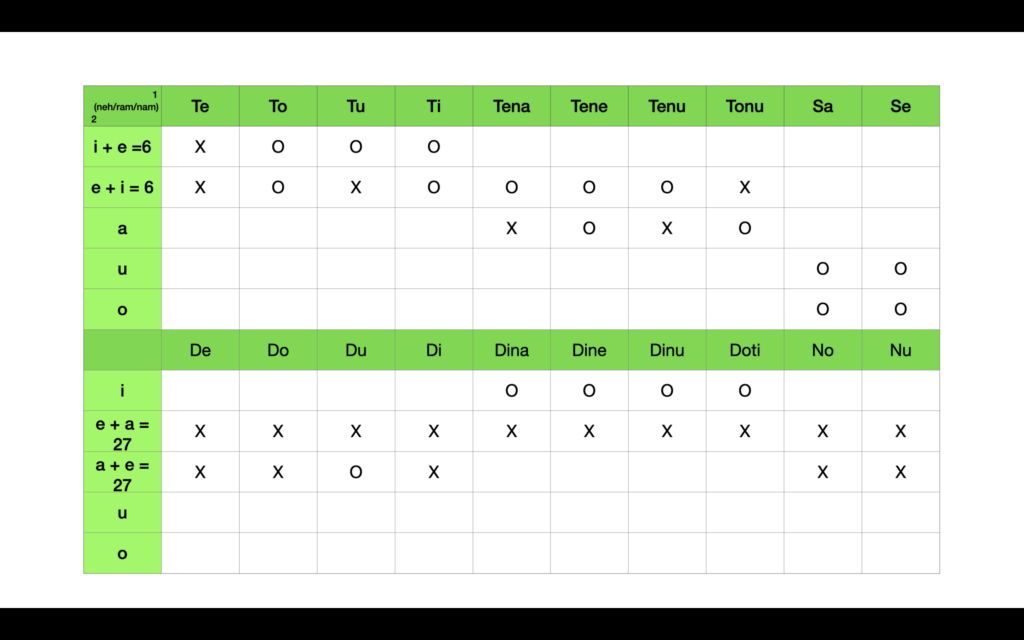Cracking the Voynich Code with Bayesian Theory of Information – 3 Happy Findings
Table of Contents
Cracking Voynichese with Bayesian Statistics
Cracking the Voynich code with Bayesian Theory of Information can sometimes feel like solving a puzzle. But what if we could crack the code using modern technology? The answer may surprise you: we can identify the grammatical roots of a language through statistical analysis. Let’s delve into the fascinating world of inflection, where words are transformed through the addition of suffixes to change their meaning and function. From syllabic languages to the mysterious script of Voynichese… Join me on a journey to uncover the potential of statistical analysis to uncover the roots of ancient languages.

Voynichese: A Cryptographic Pursuit
Voynichese inflection is captivating speculation, lacking proof. Deciphering script is a perilous mission, based on conjecture and speculation. A daring feat of cryptography, driven by a single purpose. A well-crafted plan, pursued to the end. Our transliteration of the script is purely speculative and lacks substantial proof. Our approach to decoding the manuscript is not an academic one, but rather a cryptographic one. We are not trying to prove anything. Single-minded focus like a rogue assassin. Plan in place, goal driven, no matter who supports.
The Daring Quest for Cracking the Voynich Code – Secrets with Bayesian Theory of Information
The notion of cracking the Voynich code through exploring inflection is just a speculation, without proof. We’re trying to decipher it with conjecture and speculation, not accuracy. We’re driven by a goal and have a plan, and we’ll see it through. Our approach is not one of scholarly pursuit, but a daring feat of cryptography. We are not seeking validation or recognition. Rather, we fixate on our goal like a ruthless assassin, with a single purpose. We have a well-crafted plan, and we will see it through to the end, regardless of who stands with us.
Unlocking the Mystery of Voynichese
It’s like solving a mystery! We are trying to figure out if the ancient language, called Voynichese, uses a technique called inflection. But, right now, we don’t have enough proof to say for sure. We’re using a tool called statistical analysis to help us, but it’s important to remember that our ideas might not be right. We need to keep looking and learning more to know for sure. It’s like a big puzzle and we don’t know what the answer will be until we keep trying to solve it!
Our Statistical Findings – Cracking the Voynich Code is Supported by Bayesian Theory of Information
Cracking the Voynich code and secrets with Bayesian Theory of Information goes as follows. The following summarizes our current findings. To investigate the potential use of inflection in Voynichese, we analyzed the distribution of vowels in word-final positions. A statistical analysis is presented in the table below. To gain a more comprehensive understanding of the subject, we recommend examining the corresponding ratios for each vowel as indicated in the table.

As previously indicated, the frequency of the final vowels ‘A’ and ‘E’ appears to be prevalent in both the roots of words and their endings. The final vowels ‘O’ and ‘I’ stand out, accounting for over 20% of occurrences and showing a strong connection to the word root ‘NER’. Our argument for inflections is solidified. The word root ‘NER’ has a function that justifies its affinity toward ending words with the final vowels ‘O’ and ‘I’.
Conclusion
Join us on a journey to uncover the secrets of ancient language with statistical analysis! Discover the potential of inflection in cracking the Voynich code. Be part of our daring feat of cryptography and help us solve this mystery. Click now to learn more and get involved in the conversation.
What to expect next…
An explanation of the following interesting Table.



One thought on “Cracking the Voynich Code with Bayesian Theory of Information – 3 Happy Findings”
Comments are closed.